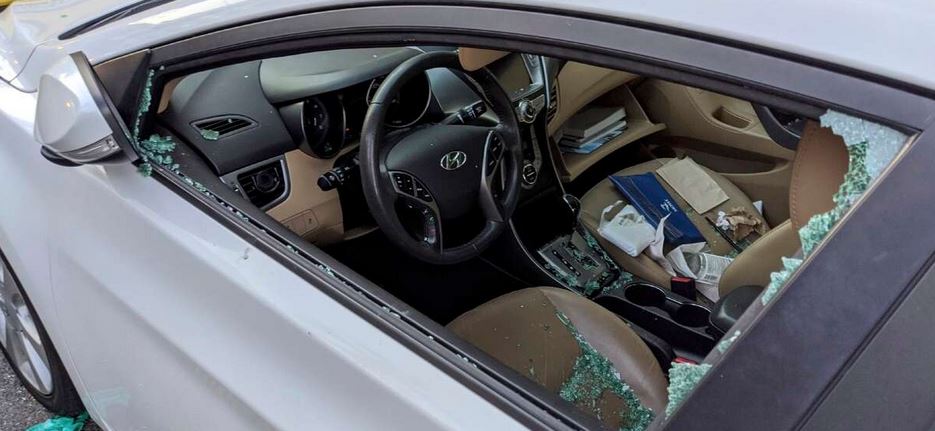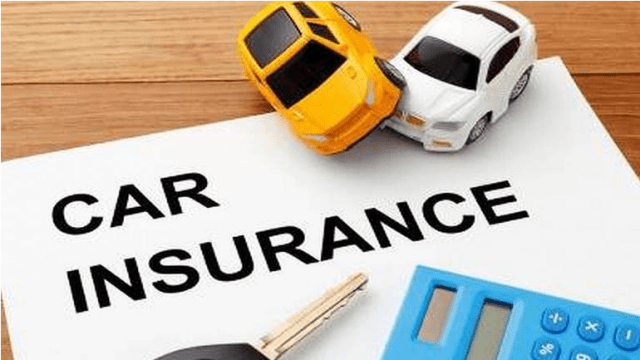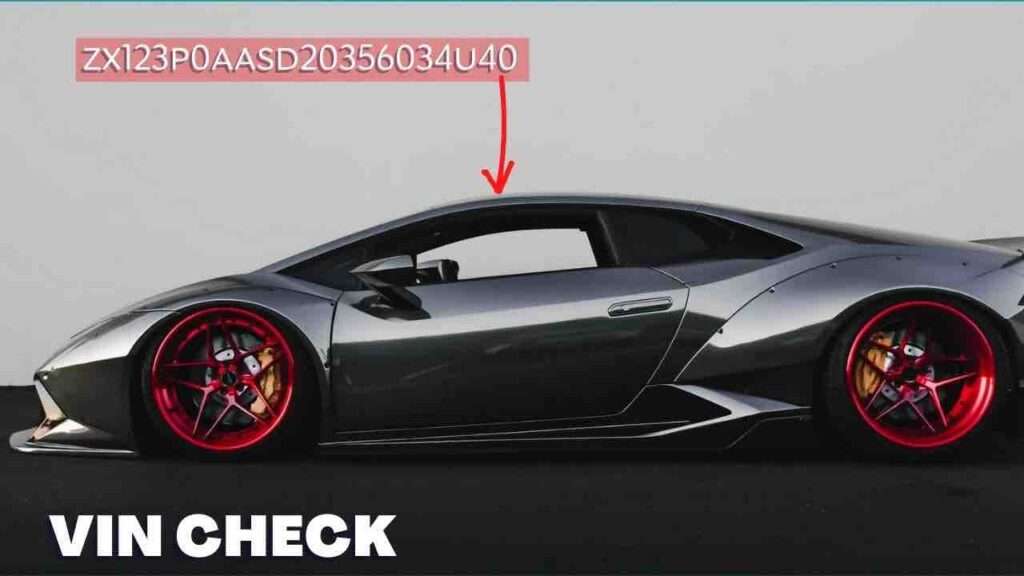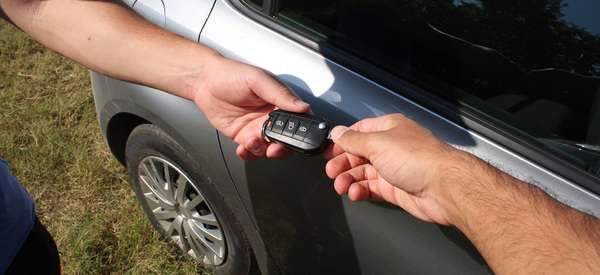Last updated on July 13th, 2023 at 05:06 pm
New Car Buyers Often Forget To Consider These 7 Important Car Features While Buying.
There are myriad factors to consider while buying a new car, so much so that it can sometimes seem extremely daunting. Buying a car is a huge financial decision that will have far-reaching consequences on your spending habits, given that you will be shelling out a lot of money. So, it’s better to research before making that decisive final call. What are the factors that you need to be taking into consideration?

1) Determine the kind of car you need
The first thing you need to do after deciding to buy a car is to identify what your needs are. Are you looking for a hot sports coupe to race around the tracks, a station wagon to accommodate your large family, or a premium SUV to go off-roading in hilly terrains? While at it, make it a point to pick between manual and automatic transmission. Automatic might be better if you use your car predominantly for urban commutes. Once you understand what type of car you’re looking for, it becomes easy to narrow down options and streamline them into one popular choice.
2) Fixate on a budget
While it’s mostly the category of car that’ll determine how much you’re likely to spend on a new car, having an s budget in mind helps to simplify the process. Fixating on a figure can help you sort out your finances better and to start planning. Moreover, this will help you choose between the multiple car variants by picking the features that matter to you the most. While a top-end variant may seem like a better buy, you can always choose to modify your car later according to your specifications.
3) Figure out the resale value of the car you wish to buy
The residual value or resale value of the car refers to the actual price of the car a couple of years down the line since its value tends to depreciate with time. This is an aspect that most buyers tend to ignore while picking a new car. Talk to a couple of resale dealerships to identify what the resale value of your car might be. It’s also more likely that the value of your car may go down if too many of them are still left on the market. While tax rebates or discounts help to cut down costs considerably, they may also negatively impact the residual value of a car in the longer run.
4) Calculate the total cost of ownership
While choosing a new car, it’s imperative to consider the additional maintenance costs. Those costs consist of fuel, occasional mechanical tune-ups, and insurance. The rule of thumb is that the total cost of ownership shouldn’t exceed 20% of your monthly budget, but this cap is subject to change based on your other expenses.
5) Avail car insurance
While on this topic, let’s talk about car insurance. Car insurance is a must-have for anyone planning to buy a new car. It protects you against any unavoidable damage. You wouldn’t need to pay for costly repairs and maintenance with car insurance. But make sure you pick the right insurance vendor and premium that covers all bases. Make it a point to consider if your new car insurance provides emergency crash assistance and roadside assistance free of cost. Some vendors also charge lesser premiums if you’re using your car less or if you’re environmentally conscious and driving an electric vehicle or a hybrid.
While buying a new car insurance, make sure it includes some of the most essential things like roadside coverage, cost of repairs, and damage if you have an accident or if your car experiences vandalism for different reasons. A good car insurance policy also keeps you secured when legal liabilities arise due to an accident.
6) Look out actively for cash incentives
After deciding on a new car to buy, the next step is to look out for car dealerships that offer the best prices. Most market experts agree on the fact that the best time to start negotiating is during the end of October when newer models start to roll in, and sales executives are obligated to sell the older ones. Look out for additional cash incentives and special discounts if you’re considering exchanging your older car for a newer one. But do keep in mind that such incentives may impact the resale value of your new car.
7) Consider all buying options
A car will set you back by a couple of thousand dollars, so unless you have that much money saved over the years, it might be prudent to opt in for a car loan. So, check what your credit score is. The higher your credit score, the better your chances are of availing of a car loan with a lower interest rate. If you’re unhappy with your credit score, there’s always the option of looking at your detailed credit score report and reviewing your spending patterns over the years. Once you’re happy with how that’s looking, find out the interest rates a centralized bank offers, your local credit union, and other online portals while reviewing options. It’s always better to walk into a car dealership with approval for a car loan than without one, as it gives you a limit on the amount you can spend.
If buying a new car seems too elusive for your budget, you can always consider leasing a car. You get to enjoy all the privileges of owning a new car while not having to pay a large sum of money upfront. But, this is subject to how often you’re planning on driving since some organizations may levy extra charges in case you tend to breach a predetermined total amount of miles. You may also be required to fulfill the cancellation fee if you terminate the lease contract prematurely.
Conclusion
Buying a new car is no mean task, there are plenty of decisions to be made and many factors to consider. You’ll have to live with the ramifications of your decisions for quite some time, so it’s just better to base those decisions on solid research. While it may be time-consuming to go through the prices of multiple car dealerships, it can help save some hard-earned cash of yours. It might also be worthwhile to do the same while browsing through insurance vendors and choosing the right insurance policy for your needs, as it might end up making a significant difference in the long run.










